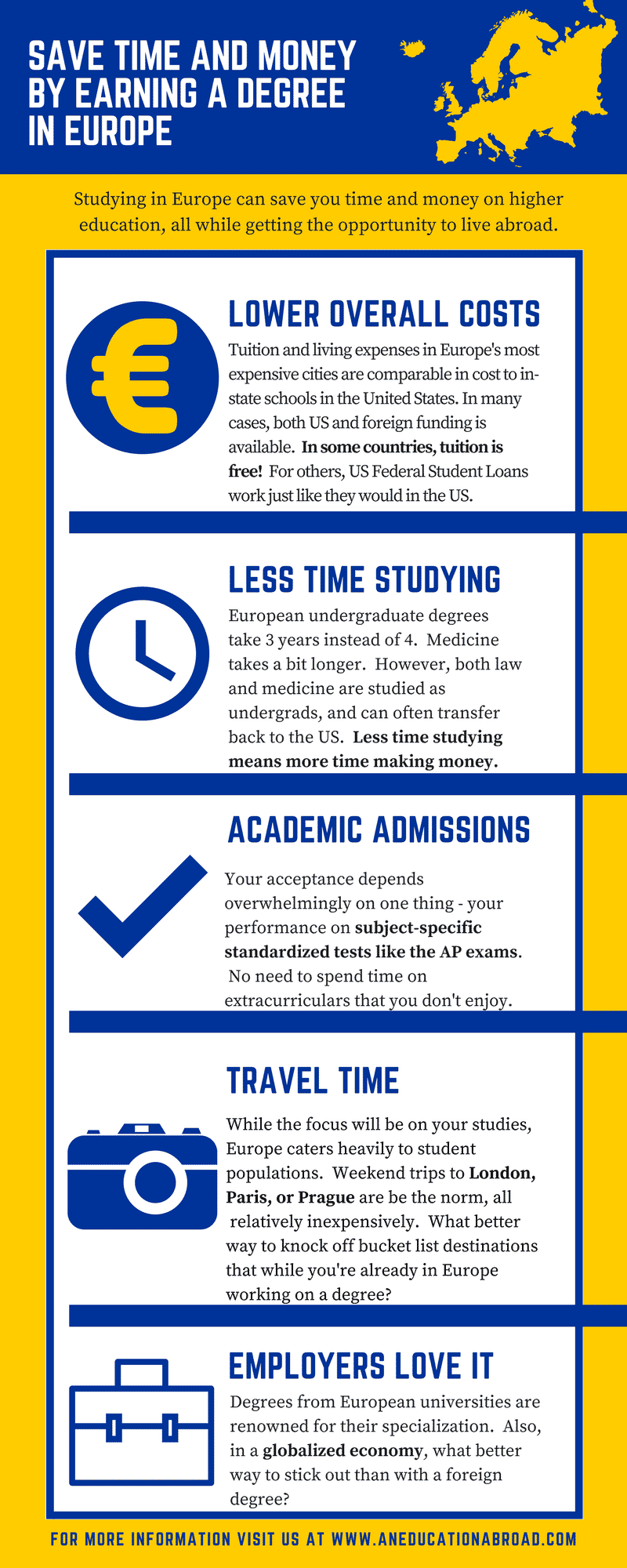Does a High ACT Score = Freshman Year Success?
Standardized testing, such as the ACT, is a major factor in the college planning process. Most colleges require either an ACT or SAT before considering admission to their schools. Does a higher ACT score mean you’ll have more success your first year in college?
A higher ACT score may equal a more selective school, however there are more items to put into this basket such as your Grade Point Average (GPA), extracurricular activities, how stellar your college essay is, if you chose to volunteer throughout the past four years, if you took AP classes and how well you did in those classes, etc. A fantastic score on the ACT could make you a more impressive candidate for scholarships, especially those based on merit and academic achievements, but your score is one out of a number of items that colleges look at.
If you are scoring a composite score of 30 or higher, you’re already in the top 2% of high school graduates. The chances of getting selected into a top-tier school will be higher with greater ACT scores. Is a 4.0 GPA better or 35 composite ACT score better? Colleges look at both. Your GPA is more reflective on how hard you’ve worked over your high school career. Your ACT score can be a good indicator of how much you’ve studied for the ACT in general. Some students spend months studying for the ACT. Other students totally wing it (which we don’t recommend).
How does a high ACT score affect my freshman year of college?
Once you’ve selected your school and been accepted, what role does the ACT play in your first year of college? Most likely, if you received a high ACT score, you’ve taken challenging, higher-level courses in high school which is associated with increases in students’ chances of success in first-year courses. You’re ready to tackle college courses because you’ve taken tough classes in high school. If you have a high GPA, that means you’ve had success in the AP and higher level classes.
One of the biggest challenges that lies ahead of you is translating those stellar grades from high school to college. It’s easy to lose focus in college, since you’ve already been accepted, however, if you’ve received an academic scholarship there is far more to lose than you may imagine. Now is the time to focus on the same good habits you’ve created in high school such as attending class, completing your homework on time, attending study hall or office hours, and asking for help when you need help.
Conclusion:
Yes, a higher ACT score can be an indicator into how ready you are for college courses. However, just as colleges factor in more than your ACT score, freshman year success is more than just attending classes (there can be a lot of distractions). One surefire way to have success your first year of college is to stay focused on your schoolwork, which will ultimately translate into good grades and securing your academic scholarship for your second year in college.







